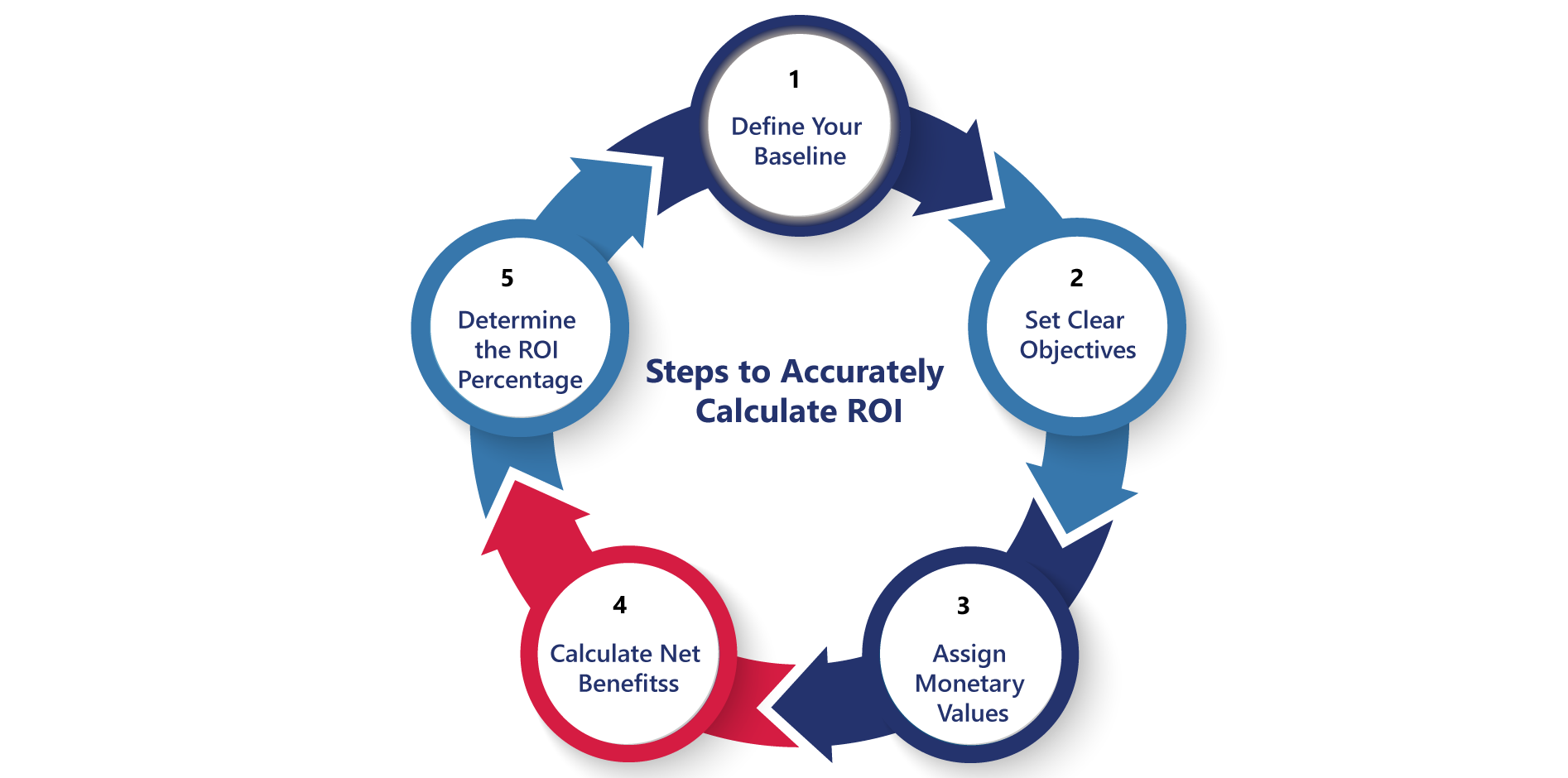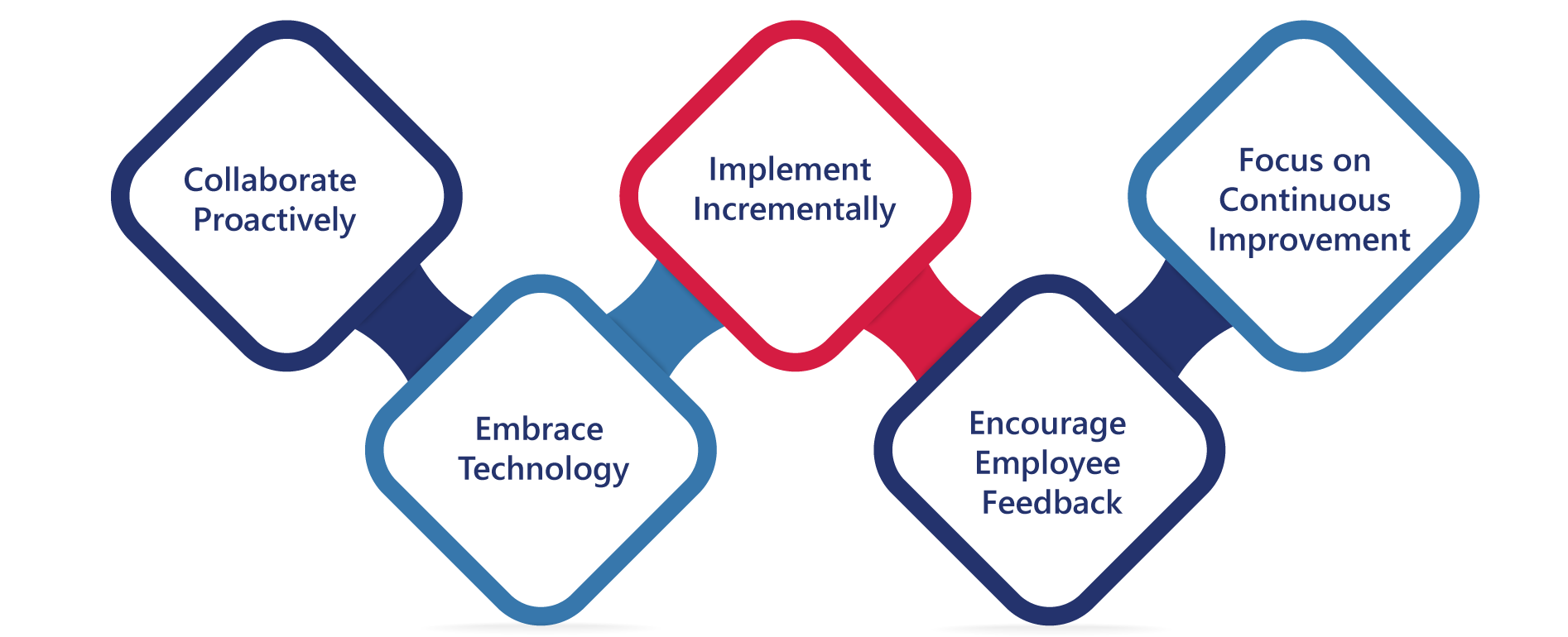In an increasingly competitive marketplace, businesses need to optimize their internal processes to gain a clear advantage. Operations consulting provides the roadmap to streamline workflows, reduce costs, and enhance performance across departments.
Yet, companies often wonder how to gauge the effectiveness of these improvements. The return on investment (ROI) is a critical metric—one that determines whether the time, energy, and resources allocated toward operations consulting truly generate tangible and intangible benefits.
At CCO Consulting, we’ve helped countless organizations unlock new levels of efficiency by identifying bottlenecks and designing customized solutions that empower growth.
In this article, we will discuss what exactly operations consulting entails, the key metrics to consider for calculating ROI, and how you can maximize the results of your consulting engagement.
Understanding Operations Consulting
Operations consulting focuses on optimizing the core activities and processes that allow a business to run effectively—from supply chain management to process automation, project management, and performance measurement.
Unlike traditional management consulting, which may look at broader strategic concerns, operations consulting zeroes in on practical improvements that can be systematically measured and improved upon.
When you partner with an operations consultant, you can expect a thorough review of your business’s internal functions. This includes mapping out each step in your key processes to spot inefficiencies, benchmarking current performance against industry standards, and recommending clear action plans for continuous improvement.
Operations consultants often specialize in areas such as:
- Supply Chain Management – Streamlining logistics and sourcing activities.
- Process Improvement – Identifying and eliminating wasteful steps in workflows.
- Technology Integration – Implementing software and automation solutions to improve speed and accuracy.
- Performance Measurement – Defining and tracking metrics that align with strategic goals.
Ultimately, operations consulting aims to save you time, reduce costs, and enhance productivity. But how do you quantify these benefits to ensure they outweigh the costs?
Why Measuring ROI Matters
ROI (Return on Investment) in the context of operations consulting is the ratio of net benefits (such as cost savings, revenue increases, or improved customer satisfaction) to the total investment spent on consulting fees, resource allocation, and implementation costs.
Measuring this ROI serves multiple purposes:
- Financial Validation: Determining whether the financial gains—through cost savings or revenue enhancements—justify the consulting expenditure.
- Strategic Alignment: Ensuring that the operations improvements are directly linked to your broader business goals.
- Performance Insights: Identifying which initiatives produce the highest returns and which need further refinement.
- Ongoing Improvement: Using ROI insights to tweak operational strategies and continuously evolve.
At CCO Consulting, we encourage clients to view ROI not just as a static figure but a dynamic tool for guiding long-term strategic decisions.
Key Metrics to Consider for Operations Consulting ROI
Measuring the value of operations consulting can be more nuanced than a single financial figure. Below are some key performance indicators (KPIs) that can help you form a well-rounded ROI assessment:
- Cost Reduction
- Direct Expense Savings: Track changes in operating costs (e.g., materials, labor, overhead).
- Waste Minimization: Measure reductions in scrap, returns, or rework.
- Administrative Savings: Look for decreases in paperwork, software subscription overlap, or duplicative roles.
- Revenue Growth
- Increased Capacity: If operational improvements enable you to deliver more products or services, measure the resulting revenue gains.
- Faster Time-to-Market: Quicker delivery of new products can expand market share and revenue streams.
- Improved Customer Retention: An optimized operations process often boosts customer satisfaction, indirectly driving more sales over time.
- Employee Productivity
- Output per Employee: Track how many units, tasks, or deliverables each team member can manage post-consulting.
- Employee Engagement: Surveys or HR metrics may show higher job satisfaction when processes are clearer and workloads are balanced.
- Reduced Turnover: A streamlined, efficient work environment often leads to increased retention, saving hiring and training costs.
- Quality and Customer Satisfaction
- Defect Rates: Monitoring product returns or service complaints can illustrate the impact of improved processes.
- Customer Feedback: Gathering testimonials, Net Promoter Scores (NPS), or online ratings shows how better operations affect customer experiences.
- On-Time Delivery: A key indicator in supply chain or project management; meeting deadlines consistently can significantly boost client trust.
- Scalability and Resilience
- Process Flexibility: Measure the ability to adapt quickly to changes—such as shifts in customer demand or supply disruptions.
- Crisis Management: Evaluate how well your operations can hold up against unforeseen events, like global supply chain delays.
- Growth Capacity: Assess how systems and processes can be replicated or extended to new lines of business or geographical markets.
By systematically tracking these metrics before and after the implementation of consulting recommendations, you gain a clearer picture of the overall value generated.
Steps to Accurately Calculate ROI
- Define Your Baseline
Before engaging a consultant, measure your current operational metrics. This baseline includes costs, production rates, error rates, and any other relevant KPI. Without an accurate snapshot of your starting point, it’s nearly impossible to calculate true improvements. - Set Clear Objectives
Collaborate with your operations consultant to clarify the goals of the project—whether it’s cutting overhead costs by 15% or reducing delivery lead times by two days. Having quantifiable targets will guide the focus of the project and provide clear criteria for success. - Assign Monetary Values
Converting each benefit into a dollar amount allows you to compare different facets of the consulting engagement. For example, if an improvement in workflow saves 10 labor hours per week, multiply those hours by the average wage rate to get a tangible figure. - Calculate Net Benefits
Subtract the cost of the consulting project (including fees and any resources allocated) from the total monetary value of the benefits you gained. This figure represents your net gain. - Determine the ROI Percentage
Finally, divide your net gain by the total investment and multiply by 100 to get an ROI percentage. For instance, if your net gain is $50,000 on a $25,000 project cost, your ROI is (50,000 ÷ 25,000) × 100 = 200%.
Real-World Examples of Operations Consulting ROI
Example 1: Manufacturer Optimizing Production
- Baseline: A mid-sized manufacturer spends $100,000 monthly on production costs, with a 2% defect rate.
- Objective: Reduce production costs by 10% and bring the defect rate down to 1% within six months.
- Consulting Intervention: CCO Consulting streamlines the assembly line, implements cross-training, and introduces quality checks earlier in the process.
- Result: Production costs drop to $85,000, defect rate falls to 0.5%. Net gain is $15,000 monthly plus additional savings from fewer returns.
- ROI: After including the consulting fee and new equipment costs, the client sees a 180% ROI over a year.
Example 2: Service Company Enhancing Workflow
- Baseline: A customer support team handles 2,000 tickets a week with a 10% escalation rate.
- Objective: Improve first-call resolution by 20% to reduce escalation and boost customer satisfaction.
- Consulting Intervention: A new ticketing system is integrated and agent workflows are updated with training.
- Result: Escalation rate plummets to 5%, saving an estimated $30,000 monthly in labor costs and boosting customer satisfaction scores.
- ROI: Factoring in consultant fees and software implementation, the overall ROI hits 150% within nine months.
Maximizing the Value of Your Operations Consulting Engagement
- Collaborate Proactively
Open communication with your consultant ensures that objectives are well understood, challenges are openly discussed, and solutions are tailored to your needs. - Embrace Technology
Consider automation tools, enterprise resource planning (ERP) systems, and data analytics platforms to enhance transparency and efficiency across your operations. - Implement Incrementally
Large-scale changes can be overwhelming. Roll out improvements in stages to measure impact accurately and minimize disruptions to daily workflows. - Encourage Employee Feedback
Those on the front lines often offer invaluable insights into what’s truly working or not. By engaging your team in the improvement process, you foster buy-in and long-term sustainability. - Focus on Continuous Improvement
Operations consulting is not a one-and-done endeavor. By periodically reviewing KPIs and adapting processes, you maintain a cycle of ongoing optimization and keep your business competitive.
Common Pitfalls in Measuring ROI
Despite the clear advantages, businesses often make mistakes in calculating ROI:
- Overlooking Intangible Benefits: Improved morale, brand reputation, or innovation capacity can be significant, yet more challenging to quantify.
- Setting Unrealistic Timelines: Many operational changes require time to fully integrate. Short-term data might not reflect the true impact.
- Failing to Maintain Momentum: Enthusiasm often peaks right after new processes are introduced but wanes over time. Consistent follow-up is essential.
- Data Inconsistency: Relying on inaccurate or fragmented data can skew ROI calculations and lead to poor strategic decisions.
At CCO Consulting, we guide our clients to adopt a holistic measurement framework that captures both quantitative and qualitative gains.
Why Partner with CCO Consulting
Navigating the complexities of operations consulting can feel daunting. That’s where CCO Consulting comes in. Our team specializes in identifying inefficiencies and creating tailored strategies that align with your business’s long-term objectives. We prioritize transparent communication, ensuring you understand the rationale behind each recommendation—and its expected impact on your bottom line.
By choosing us as your operations consulting partner, you gain:
- Deep Industry Expertise: Our consultants bring years of hands-on experience across multiple sectors.
- Data-Driven Approach: We analyze metrics rigorously to design and track improvements.
- End-to-End Support: From initial assessment to post-implementation reviews, we’re with you every step of the way.
- Sustainable Impact: Our focus goes beyond quick wins; we build frameworks for continuous growth and adaptability.
Conclusion
Measuring the ROI of operations consulting isn’t just about proving the value of your investment—it’s about guiding strategic decisions that propel your business forward. By clearly defining baseline metrics, setting realistic goals, and consistently tracking both quantitative and qualitative improvements, you ensure that every dollar spent on consulting yields meaningful returns.
At CCO Consulting, we believe that data-backed insights coupled with a personalized approach create lasting changes that benefit your organization for years to come. If you’re ready to take a closer look at your operations, eliminate inefficiencies, and boost your bottom line, our team is here to help. Reach out today to learn how we can partner with you to deliver measurable and sustainable results in your business processes.






